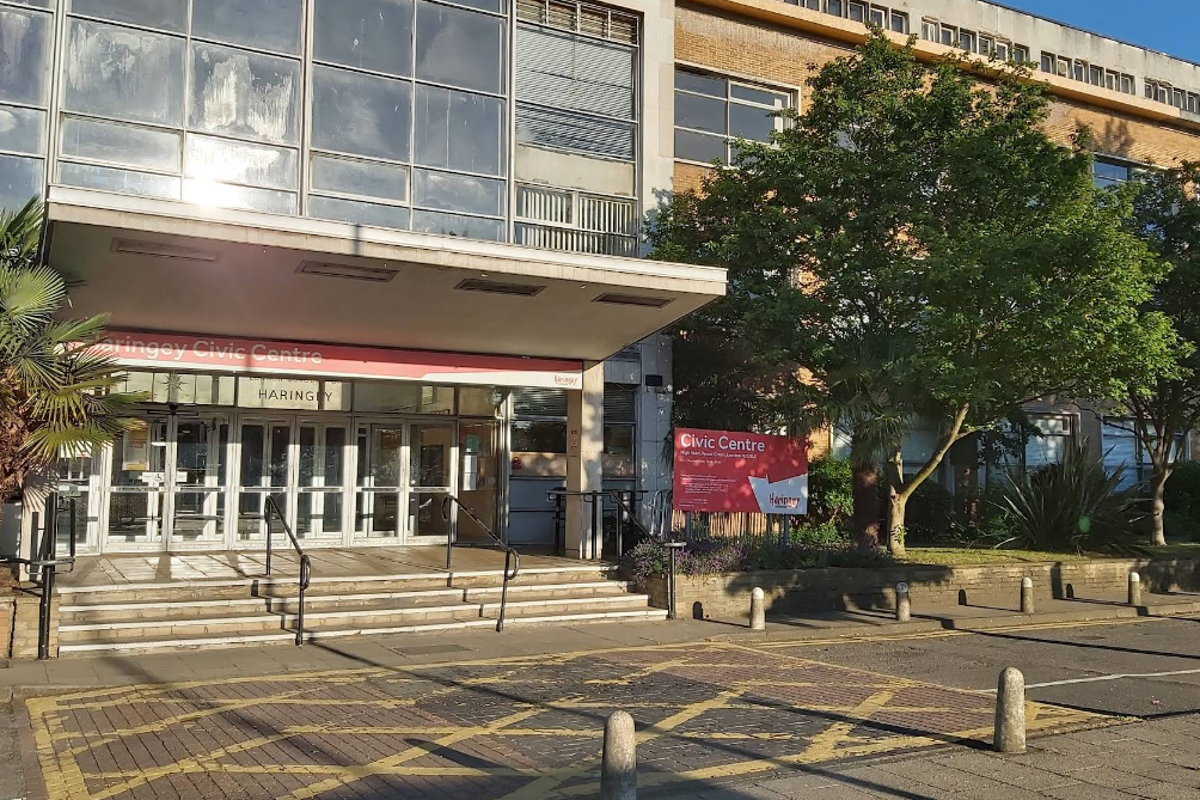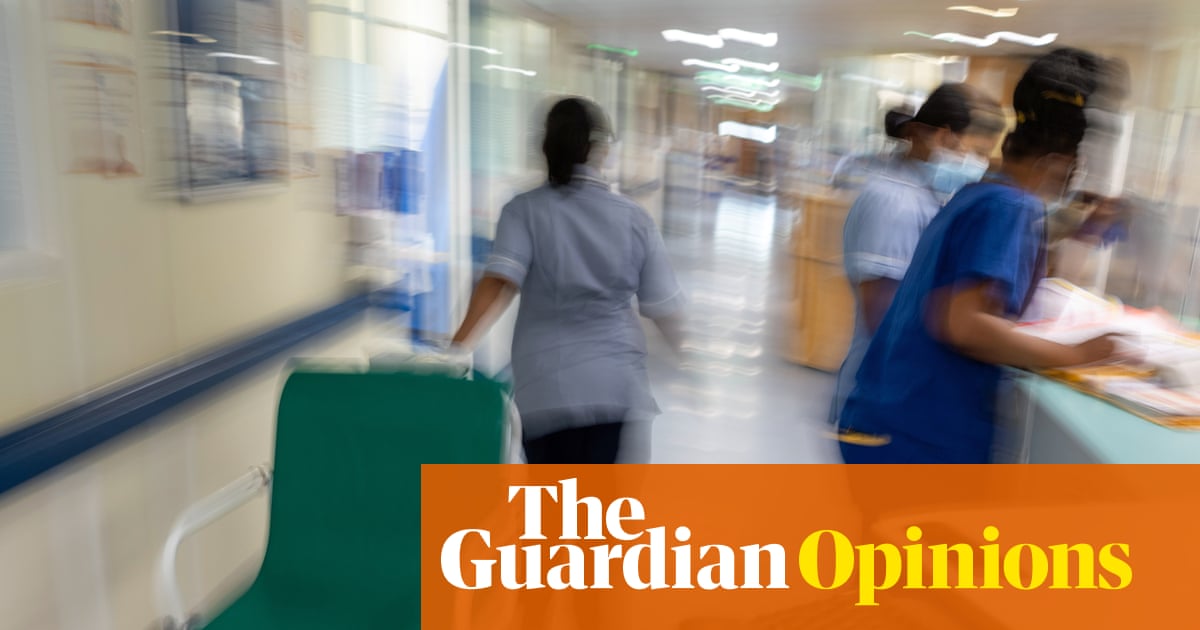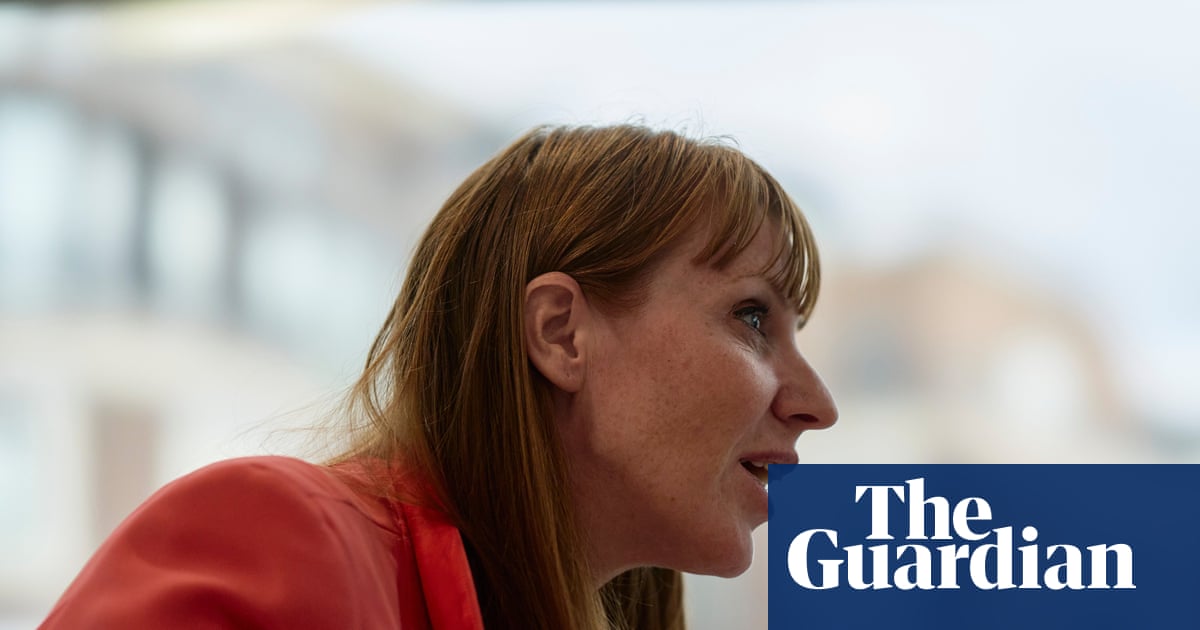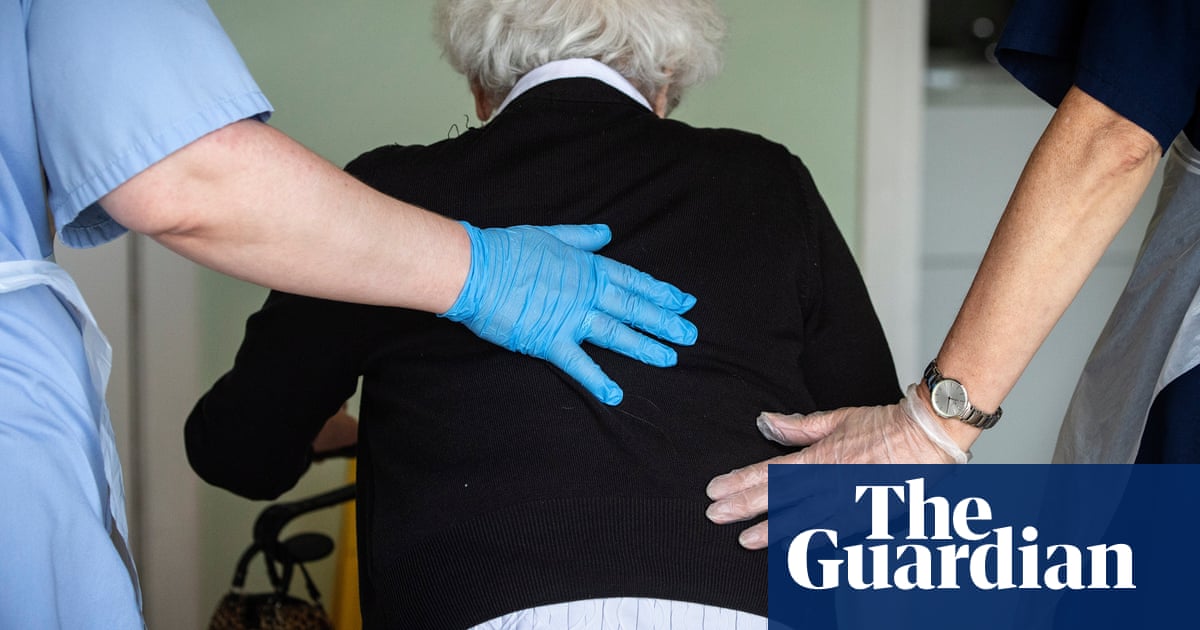#social-care
#social-care
[ follow ]
#nhs #safeguarding #local-government #mental-health #government-reform #immigration-policy #health-policy
UK politics
fromwww.theguardian.com
3 months agoWe can't let the Tories sabotage this once-in-a-generation chance to reshape the world of work | Angela Rayner
A comprehensive Employment Rights Bill will guarantee day-one workplace rights, ban zero-hours contracts, improve pay and protections, and establish fair pay agreements for care workers.
Healthcare
fromLondon Business News | Londonlovesbusiness.com
4 months agoGrowth Lending unveils strategy to support the growth ambitions of UK healthcare providers - London Business News | Londonlovesbusiness.com
Growth Lending committed £150 million to UK healthcare, offering flexible debt facilities from £2 million to scale social care, primary care, education, and community providers.
Medicine
fromwww.theguardian.com
4 months agoWhy do the children of elderly patients stay away? Loneliness makes them get sicker and stay sicker for longer | Ranjana Srivastava
Elderly hospitalized patients often have complex medical needs, social isolation, limited caregiving support, and practical deficits that complicate safe discharge and daily care.
fromwww.theguardian.com
4 months agoYes, a working-class woman will be Labour's next deputy leader, but what about those still sidelined? | Jennifer Jasmine White
The scramble to replace Angela Rayner as deputy leader of the Labour party is well under way. Apparently, it's inevitable the role will go to a candidate with similar claims to Rayner in terms of that much-vaunted quality, authenticity. Whether Bridget Phillipson or Lucy Powell, the next deputy leader will also be a woman from a working-class family from the north of England.
UK politics
fromwww.bbc.com
4 months agoA four-minute sit-down with Liberal Democrats leader Sir Ed Davey
I think we're finding on the ground that people are coming towards us, partly because they like what we're saying on things like the NHS and social care. We're the only party pressing Labour for a solution on social care, but they also like our community politics, where we're actually on the doors talking to people, listening to them and then responding to their issues. Whether it's something in their local road or something in their borough.
London politics
fromwww.aljazeera.com
5 months agoTrump and the global rise of fascist anti-psychiatry
Despite spending more on psychiatric services and prescribing psychiatric medications at a higher rate than almost any other nation, mental health in the United States over the last two decades has only been getting worse.
Mental health
fromwww.theguardian.com
6 months agoThe Guardian view on Labour's visa crackdown in social care: another problem for an overstretched system | Editorial
The social care sector faces 130,000 vacancies, requiring 540,000 new care workers by 2040 due to an ageing population and chronic undervaluation of workers.
UK politics
fromwww.theguardian.com
6 months agoReform-led Durham county council scraps climate emergency pledge
The motion to rescind the climate emergency declaration in Durham has been condemned as a very dark day for the authority. The council has shifted its focus to a County Durham care emergency instead.
UK politics
fromwww.hamhigh.co.uk
6 months agoCouncil launches new carers strategy after listening to almost 4,000 carers
The three-year strategy will be rolled out this autumn and reflects the voices of nearly 4,000 carers, according to Lucia das Neves, the council's cabinet member for health, social care and wellbeing.
Public health
Parenting
fromIrish Independent
7 months ago'Over 10 years later, I still suffer from panic attacks' - people who were in child residential care tell of troubles they faced in system
Children in care often feel more like case files than individuals; their voices need to be prioritized in system reforms.
fromwww.theguardian.com
9 months agoWe all know the crisis in UK social care damages lives and the economy: it's the Treasury we must convince | Layla Moran
The economic costs of inaction in social care are significant, affecting individuals' ability to work and participate in the economy, thus impacting potential tax revenues.
UK politics
London startup
fromLondon Business News | Londonlovesbusiness.com
9 months agoHow local authorities are using private home care models to improve community care - London Business News | Londonlovesbusiness.com
Innovative practices in home care can significantly enhance service quality and affordability.
Local ownership in home care franchises allows customization to community needs.
[ Load more ]





